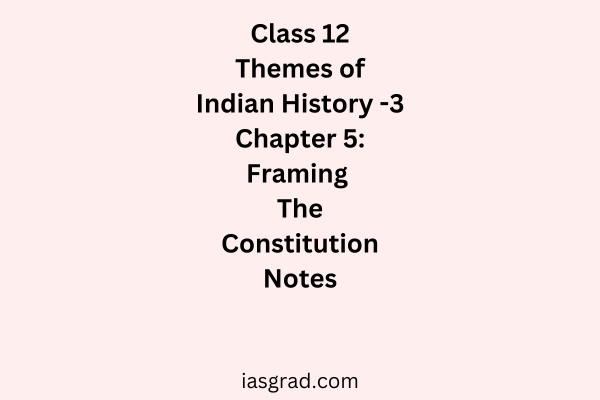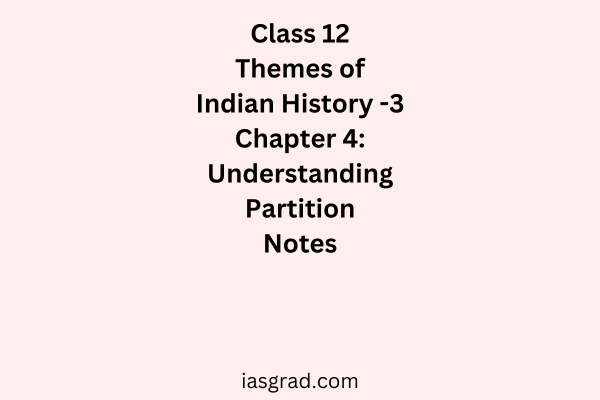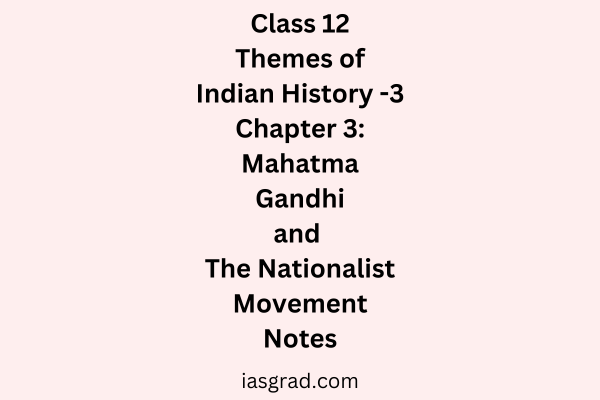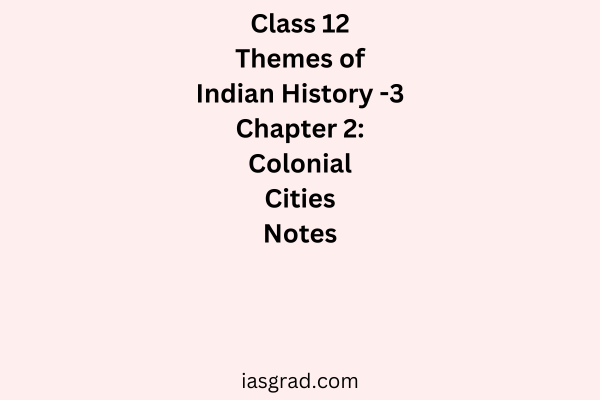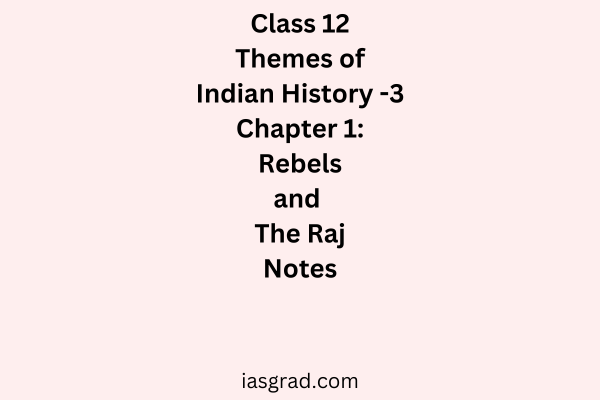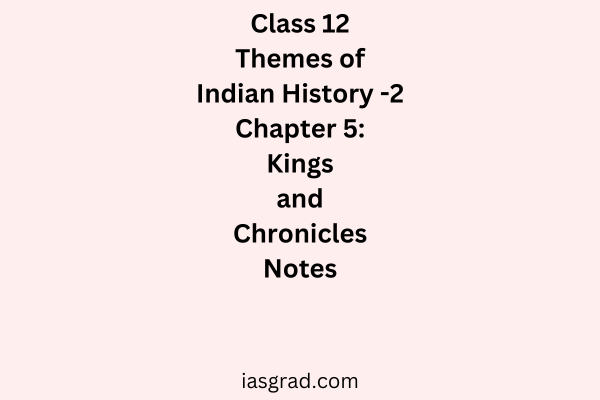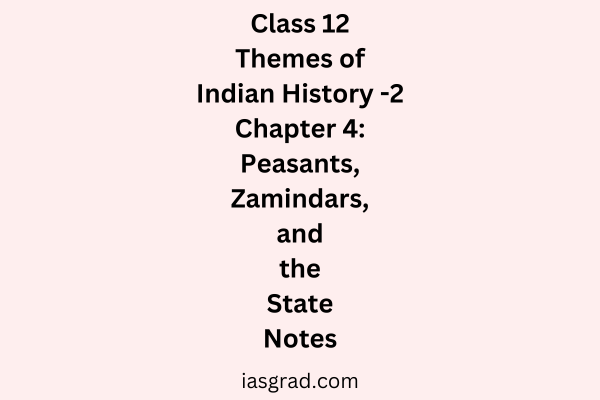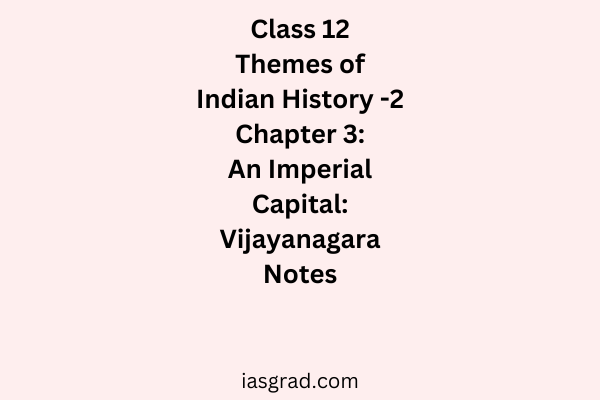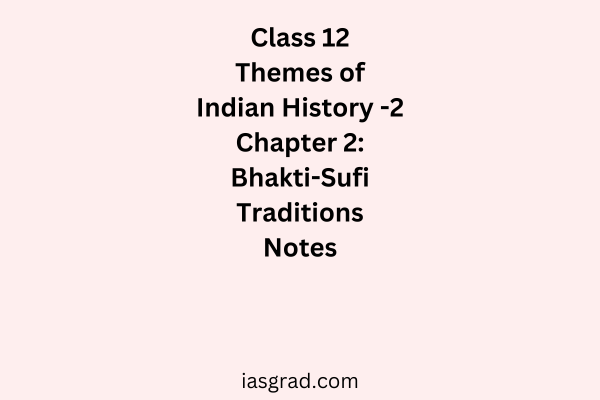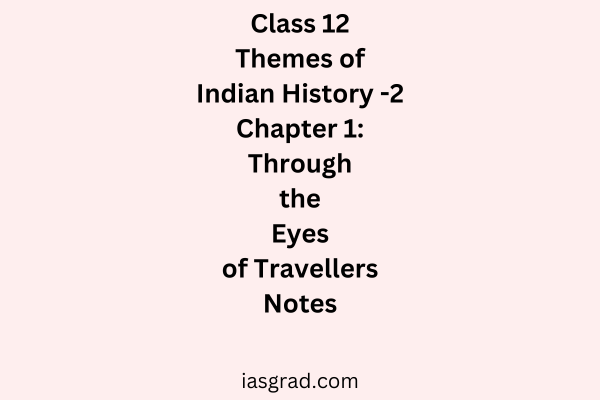Class 12 History Chapter 5: Framing the Constitution – The Making of the Indian Constitution Notes
Class 12 History Chapter 5: Framing the Constitution – The Making of the Indian Constitution Notes After independence, India’s leaders faced the challenge of drafting a Constitution that would guide the nation’s future. This chapter examines the debates in the Constituent Assembly, the role of Dr. B.R. Ambedkar, and key principles like democracy, secularism, and […]
